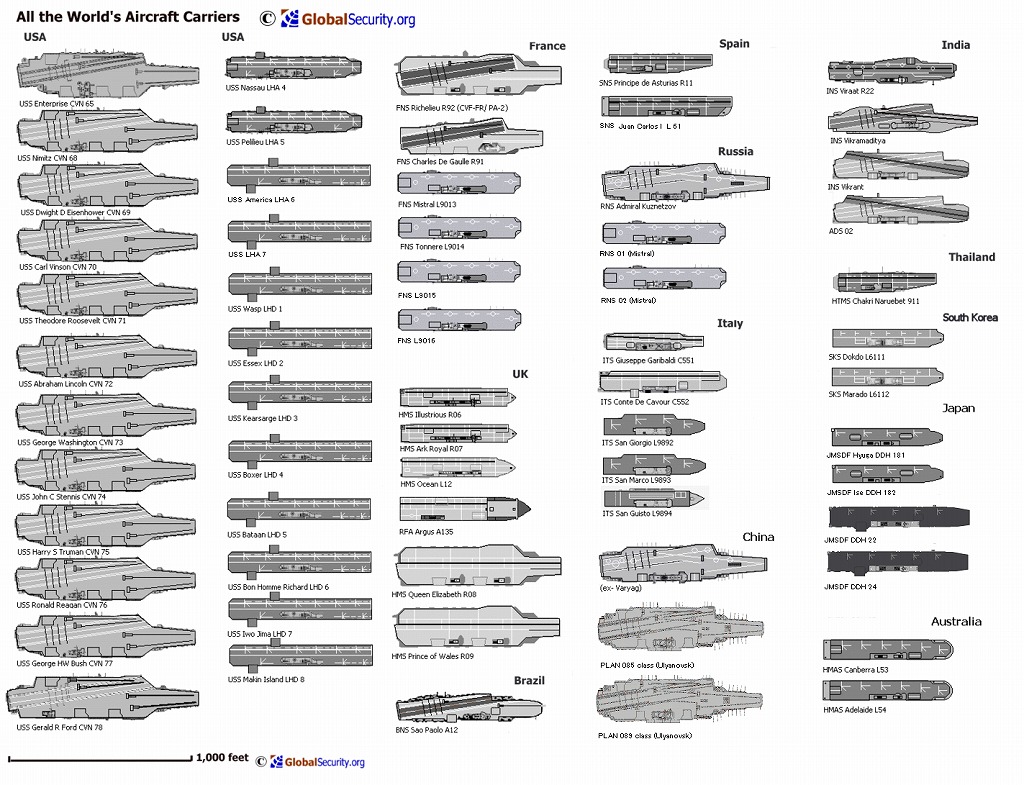- cross-posted to:
- worldnews@lemmy.ml
- cross-posted to:
- worldnews@lemmy.ml
On more than 30 occasions, the United Nations Assembly has discussed the blockade against Cuba, which costs the island 5 billion dollars annually, according to some estimates. Every year the resolution is proposed and the whole world, through the vote of the absolute majority of the member countries of the United Nations General Assembly, has condemned the imperialist attitude of the United States towards Cuba.
edit: result of the vote: https://mastodon.nzoss.nz/system/cache/media_attachments/files/113/398/372/180/881/996/original/82c4d1f509e933fa.jpg


Why is it normalized that one country can block/embargo/complicate/whatever-you-want-to-call-it another country to the point of severely affecting the lives of millions of people … for what? because one country disagrees with the politics of another country?
If countries were able to do that, there would be no trade anywhere in the world.
Yet it’s been completely normalized for the past six decades between the US and Cuba.
Because the international order is based on economic and military might, not any sort of higher ideal or codified rules.
So jungle rules then … ooga booga … just with better vocabulary.
Countries have complicated trade for centuries. Free trade is a modern exception, not the historical rule.
And in principle, countries have as much right to restrict trade with Cuba as they do with Russia and Israel. It’s the same principle that allows people to call for boycotts of Amazon and Starbucks. All of these things can affect the lives of millions, in an effort to bring about political change.
Removed by mod
Ah, well…

The US also has about 750 military bases (not including black sites) scattered across 80 countries around the world
There is more countries with CVs than i thought. Also Brazil and Thailand? I wasn’t aware they had any sizeable navy to begin with.
Yes, although having the ship is only part of it. What the diagram can’t really show is that the US also has a global logistics system which supplies the carriers and their accompanying battle groups when they deploy to other side of the planet. That system has been decades in the making, it’s not something you can just buy, it requires a crazy amount of planning and organization.
I doubt the US could deploy every carrier effectively, but it can certainly put multiple battle groups at sea simultaneously and keep them there for a long time.
Some of those have been decommissioned. I know for sure the first one in the second column has, as I was stationed in that one.
And the bonhomme Richard basically got arsoned in port. The enterprise is definitely out of it since 2017, this graphics full of bs.
I’d love to find a more up-to-date version, if you know of one.
None I could find, spraypaint those 3 out at least >.< I’ve no idea on the other countries accuracy my bet is that graphic is pre 2017 at the least cause the enterprise was decommissioned that year.
I’m sure it’s a bit out of date.
Even so, the reality is that the US can afford to staff, deploy, and supply, multiple carrier battle groups far away from home. Nobody else can. The US Navy has a credible chance of taking on the entire rest of the world’s navies combined.
This is somewhat misleading. It’s not like US can deploy a massive fleet of carriers that overwhelms most of the worlds militaries. This is so US can maintain a presence, a mobile base, in parts of the world it seems important. Full time. This is just a carrier in each ocean, even during maintenance cycles.
A big difference is most of these other countries are not trying to project power far away, just defend their turf. For example does the number of carriers China has really matter? The contention is us carriers and bases in Asia vs all of China.
Oh definitely, they can’t all be deployed at once - but the ability to rotate them out means a sustained presence that nobody else can achieve. And the point is really more about the organization structure that supports those carriers and their accompanying battle groups - the US can control any part of the ocean anywhere in the world, for as long as they want. That kind of force projection is hard to compete with.
It isn’t that it’s normalized. It is simply that no one can do anything about it. So, they voice their disagreement.
Why shouldn’t a country be able to decide not to trade with another country?
You are correct but the question was … why should a country prevent another country from being able to freely trade with every other country.
Every country has trade relations with everyone else. When you form pacts with other people you have to agree on terms together.
deleted by creator
Palestine and plenty of other countries, too. Mostly the ones that want a different economic system, afaict.
The US military is in 75% of the countries on earth but it’s definitely not the largest empire the world has ever seen * wink wink *
Just wait until China blockades Taiwan and uses the USAs blockade of Cuba as precedent
The problem being that Taiwan is a critical part of the entire global economy. TSMC fabricates ~50% of all semiconductor products in the world, but critically >90% of all fabrication at 5nm or lower (basically everything with a fabrication process less than a decade old). They are the leading edge. If you want to make a modern CPU, TSMC is your foundry.
By threatening Taiwan, China is holding a gun to the head of the entire world. Loss of TSMC’s fabrication would basically shut down the global computer industry.
I’d rather russia had just embargoed Ukraine, for the 2014 “revolution” instead of invading. And that China embargo Taiwan instead of invading if that ever comes to pass. Don’t you? It’s not even a siege as some people are portraying it, there are no secondary sanctions.
That said, I’d rather the embargo were lifted and relations were normalized, maybe Cuba would turn into a sort of Vietnam, but that would take more than just the US lifting restrictions, it would take reform on Cuba’s part as well. Even China agrees that Cuba needs market reforms e.g. https://www.diariolasamericas.com/america-latina/china-rompe-acuerdos-comerciales-cuba-ya-no-es-el-sugar-daddy-del-regimen-n5365604 and won’t invest in a dying economy unless they change, same as the US.
Unless the missile crisis is ongoing, or nationalization of Chiquita is recent, or Cuba was behind the JFK assassination, how the heck can we justify this?
There’s a ton of US money that would goto Cuba and benefit people in both countries.
But who cares if they do market reform? Sure that will affect their economic success but that’s on them. It’s not worth sanctions